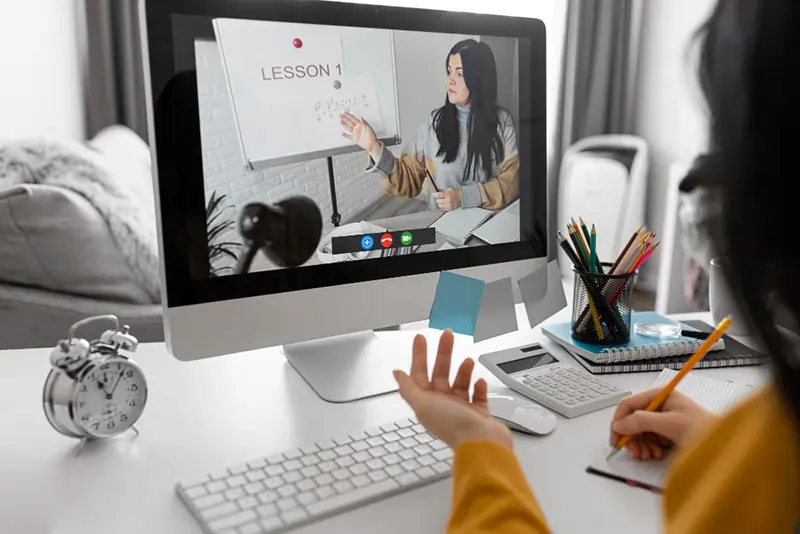Is World Schooling The Solution For Traveling Parents?
All mothers and fathers need to peer the sector, go to specific cultures, and create recollections with their kids to be able to remain for a lifetime. Conventional schools keep kids caught in one spot, going about a hard and fast agenda. Without stressful training, this doesn’t permit households to be on the road for an extended time.
That’s in which world schooling enters. Rather than be locked in a classroom, kids learn by current in the real world, traveling to websites of historical significance, interacting with people of all backgrounds, and learning how online A-Levels can help.
What is World Schooling?
It is an educational approach where kids learn through travel, experiential learning, and alternative education methods. Instead of learning in a traditional classroom setting, kids learn by experiencing different cultures, sites of historical significance, and international communities.
Parents educate their children with online resources, employ teachers, or enroll them in international or online schools. The underlying philosophy is that the world is the classroom.
Why Do Parents Choose World Schooling?
There are numerous reasons why parents choose world schooling, such as:
- Freedom and Flexibility: Parents are unfastened to journey while not having to recall faculty calendars.
- Hands-on Learning: Children analyze records, geography, and cultures firsthand rather than analyzing approximately them.
- Stronger Family Ties: More time together makes households stronger.
- Personalized Education: Kids research in step with their velocity and an awareness of the areas they like.
Based on a study by the National Home Education Research Institute (NHERI), homeschoolers (including world schoolers) generally score 15-30% higher on standardized tests compared to school students.
Challenges of World Schooling
Although world schooling has numerous advantages, it also has its challenges.
1. Socialization Concerns
Parents are concerned that their children will miss out on friends. Nevertheless, world schooling families become part of international networks, participate in local community activities, and interact with other traveling families.
2. Academic Structure
Not every child does well in a non-traditional school setting. Some will require more structure and routine to remain engaged.
3. Cost
World schooling can be costly, particularly if parents must pay for private tutors or high-end online courses. Yet, some families save money by working remotely or visiting budget-friendly locations.
How to Begin World Schooling
If you’re thinking about world schooling, these are some steps to begin:
- Select a Learning Mode:
- Create a Budget:
- Become Part of a Community:
- Make Destination Choices:
- Keep Records:
Real-Life Examples of World Schooling
Several families have been able to adopt world schooling. The Denning family from the U.S., for instance, has been world-schooling their seven children as they travel to more than 30 nations. They employ a combination of online courses, experiential learning, and interactions at the local level to teach their children.
Conclusion
World schooling is the perfect option for a family who loves to travel and wants to have their kids learn outside of books. Although planning is required, the advantages of experiential learning, adaptability, and cultural richness can be transformative. As a traveling parent, world schooling can be the ideal answer to balancing learning and exploration.



